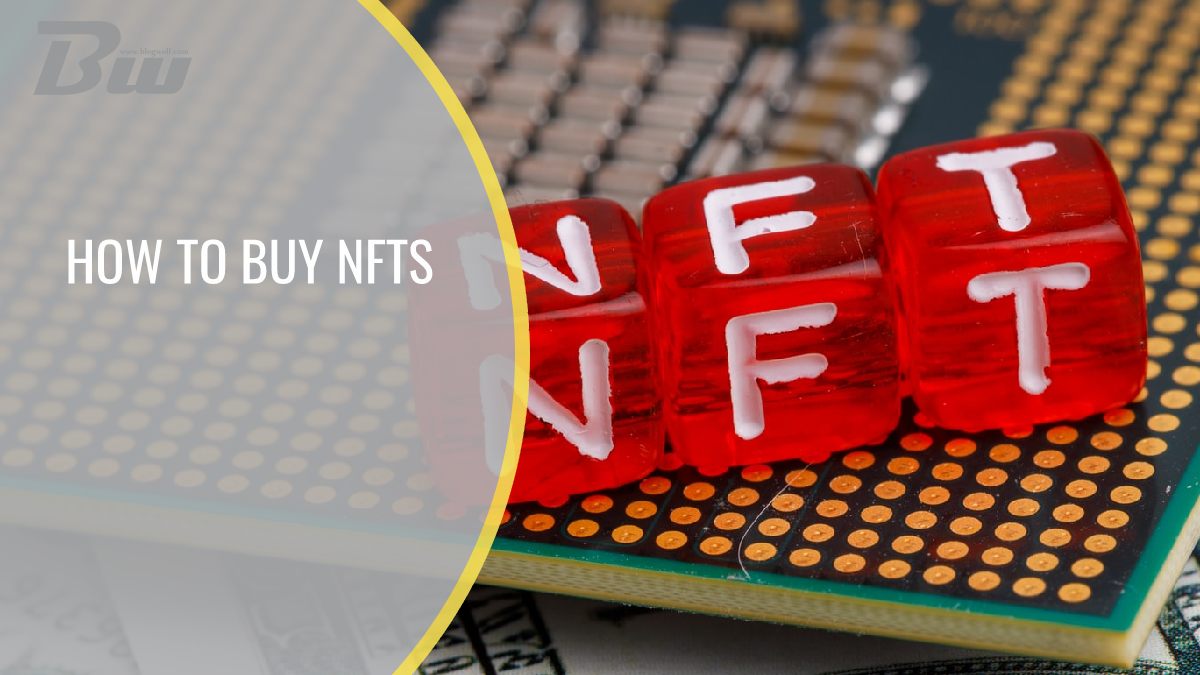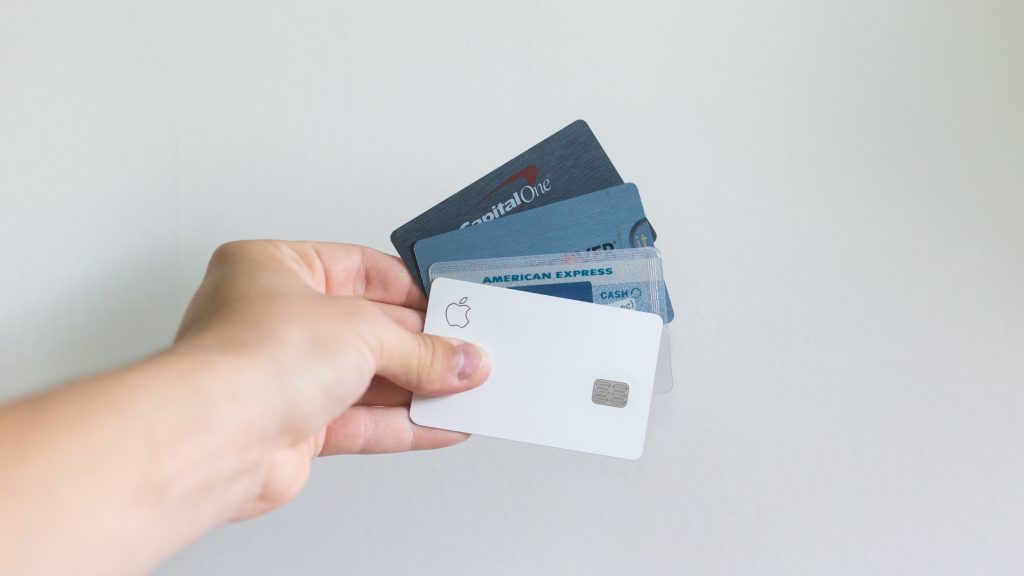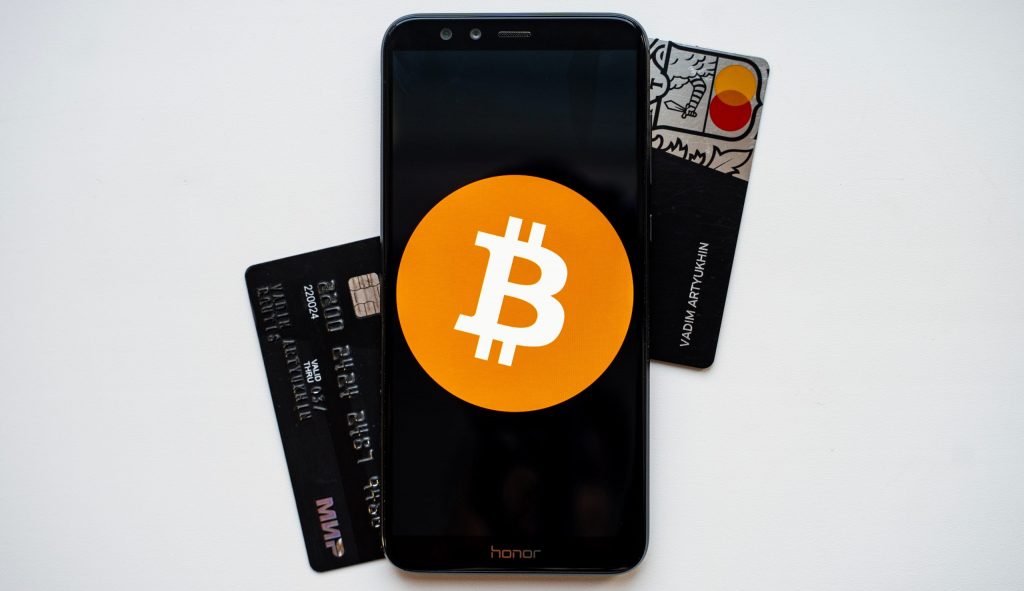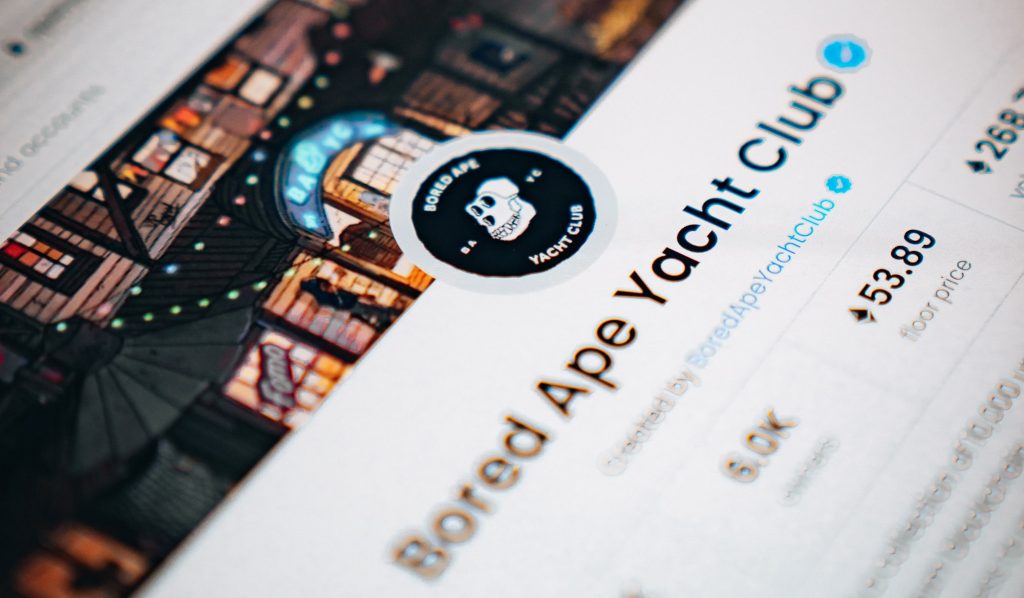Table of Contents
By this point, you’ve likely already heard about non-fungible tokens (NFTs). It seems like these tokens are all the rage right now to the point where they seem to be all anyone is ever talking about. But what are NFTs? Are they digital art? Or are they just valuable collectibles like a rare painting? If you want a better understanding of NFTs and want to learn how to buy NFTs, keep reading! You’ll discover what NFTs are, how to choose which one to buy, and the entire buying process from start to finish.
What Are NFTs?
At its core, NFTs are very similar to cryptocurrency in that they are cryptographic assets with unique codes and metadata to help identify and distinguish them from each other on a blockchain. However, NFTs differ from cryptocurrency because they cannot be traded at equivalency. This means they cannot serve as a medium for commercial transactions like Bitcoin or Ethereum.
NFTs are unique because they cannot be replicated, unlike identical cryptocurrencies, and include assets such as collectibles, videos, digital artwork, music, and more.
They also serve as a representation of a person’s identity and property rights. A vast majority of users buy NFTs on dedicated marketplaces, similar to how you would purchase your favorite cryptocurrencies. However, there are some sold at auction houses like the famous Beeple NFT sold by Christie’s for a whopping $69 million.
Why Buy NFTs?
Now that you have a better understanding of NFTs, why should you buy these assets? Although NFTs don’t seem to hold any value on the surface, they rose in popularity and demand as digital assets for several reasons. These digital assets contain unique owner-identifying information recorded in smart contracts.
It’s the specific owner information that makes each and every NFT extremely valuable because it cannot be replicated or replaced by another token. It’s also easily verifiable because it can be traced back to the original issuer, giving them essentially originality certificates.
You can liken these digital assets to others that derive value from scarcity, such as pieces of fine art that have the potential to appreciate with time. Additionally, owners can program the NFTs they own to generate royalties, like if you were to loan out an art piece to a museum.
NFT Buying Tips
If you’re in the market to purchase NFTs, the first thing you must do is determine the type of NFT you want. Like art and fine wine, NFTs aren’t all created equal.
Some tokens become highly sought out pieces within niche markets, while others — not so much. The type of token you purchase depends on the goal you want to accomplish. Do you want to make money and purchase it as an investment? Or do you want to purchase it to add to your personal collection?
Second, you have to consider the fees involved with an NFT purchase. Each marketplace will come with commissions on top of gas prices. Gas prices are the amount of computing required to complete each transaction. The fees you pay will vary from one marketplace to the next, so it’s vital that you conduct research to ensure you’re not getting charged an exorbitant amount in fees.
Like the NFTs bought and sold on the platform, not all marketplaces are created equal.
When you’re dealing with hundreds or even hundreds of thousands of dollars on the line with each bid, you want to have a marketplace that uses a user-friendly and secure platform. Make sure the marketplace you choose has a user interface system that has an intuitive user interface to make your buying experience much easier.
Lastly, you want to be sure that your chosen marketplace is secure. Blockchain, NFTs, and cryptocurrencies are still relatively new, so it’s like the Wild West. Scams are prevalent in this economy, and you want to ensure you give your financial information to a site that protects your data and NFT purchases.
How to Buy NFTs
Although NFTs are still relatively new compared to other assets, the buying process isn’t that difficult. Below you’ll find the five steps you must take to purchase your first NFT.
1. Open a Crypto Wallet
The first step in the buying process is to get ahold of some cryptocurrency and link it to a cryptocurrency wallet. Your crypto wallet is where you can do more than hold your cryptocurrencies. It can also help safeguard your tokens, such as NFTs. These wallets also help store both private and public keys and provide independent access with a seed phrase.
It’s important to remember that the seed phrase and public/private keys are two very separate things. It’s also your responsibility to keep the seed phrase safe.
Although it would be nice to imagine crypto wallets holding coins and tokens like a physical wallet would, they don’t actually store your holdings. Instead, crypto wallets store the keys that give you access to your digital assets.
There are two types of crypto wallets you can choose from:
- Hot wallet
- Cold wallet
The hot wallet is software and web-based that comes as a browser extension or an actual app. These wallets are easy to use and access when buying and selling digital assets. However, they are much more vulnerable to cyber-attacks. Cold wallets, on the other hand, are physical devices and are the most secure option. However, they come with the downside of having a greater risk of loss if you happen to lose your seed phrase and have zero backups.
If you do go with a recommended cold wallet, you want to ensure you buy it directly from the manufacturer and not a third party.
Lastly, when opening your crypto wallet, you want to make sure it’s compatible with the Ethereum blockchain. That’s because most NFTs are sold on this network.
2. Select Your Marketplace or Exchange
The next step is to select the marketplace or exchange that you want to purchase your NFT from. As mentioned earlier, it pays to take some time to conduct research on each marketplace to ensure it’s not a scam and that it can protect your data and future purchase.
There are several reputable marketplaces to choose from, such as OpenSea, superrare.com, and Mintable, to name a few. Most marketplaces offer the buying and selling of NFTs, including:
- Music
- Digital collectibles
- Digital art
- Video games
- Photos
- Videos
- Trading cards
- Domain names
- Memes
- And more
Even with the ever-changing NFT landscape, every marketplace will either be a proprietary, open, or closed marketplace. A proprietary marketplace is a type of marketplace that only sells NFTs copyrighted or trademarked by the direct company. An open marketplace is exactly how it sounds. It’s an open marketplace where any person can mint, buy or sell NFTs. Open marketplaces will typically offer in-house minting, but NFT creators can also choose to mint their work themselves.
A closed marketplace is much more exclusive compared to an open one. This type of marketplace has much more restricted selling and trading practices. Additionally, artists must apply to get in and allow the marketplace to handle the minting process.
Lastly, the marketplace you choose should be highly intuitive to use and have heavy due diligence conducted before making any purchases.
3. Connect Your Wallet to the Exchange
Once you select your marketplace of choice, the next step is to connect your crypto wallet. Some marketplaces will allow users to interact directly and exchange NFTs from other marketplaces and blockchain systems.
4. Finding the Best NFT
Any legitimate marketplace you select will have a catalog of tokens for sale. Again, the best NFT really depends on your goals with the token. Do you want to invest in it and sell it when it appreciates down the line? Or is it a token you want to hold and cherish in your personal collection? Either way, it’s always best to think from the mind of a collector. Whether you’re looking for appreciation or to hold a valuable piece for your collection, try to find pieces that make a complete collection early in the game.
Of course, it’s preferable if it’s rare, but either way, a complete collection increases the likelihood of appreciation over time. Decide what you want to accomplish with your new token and select the NFT that most appeals to you.
5. Placing Bids and Completing Transactions
The last step in the buying process is to place your bid and complete the transaction. Once you choose your favorite or the best NFT for your goals, meet the asking price of the seller or place your bid. Many sellers will give potential buyers extra details such as acceptable cryptocurrencies, auction time limit, and the asking price.
If your offer is the highest by the time the auction ends and your offer is equal to or greater than the reserve price, then the marketplace will complete the transaction automatically.
Because NFTs can only have one owner at any time, it means you have just purchased exclusive ownership over the digital asset.
Buying NFTs
Trading and collecting have always been a part of society, and NFTs are simply a new type of collecting that evolved with the digital world. Today, there are hundreds of thousands of creators and collectors seeking out valuable assets to own. Not only are people searching for how to buy NFTs, but they’re also looking to become creators themselves. Once a piece sells the creator benefits from the original sale and perpetual royalties.
Although finding the perfect NFT may not be easy, you can create a diverse portfolio by doing your research and managing how much you invest. If you found this blog helpful, check out our other recent posts!






